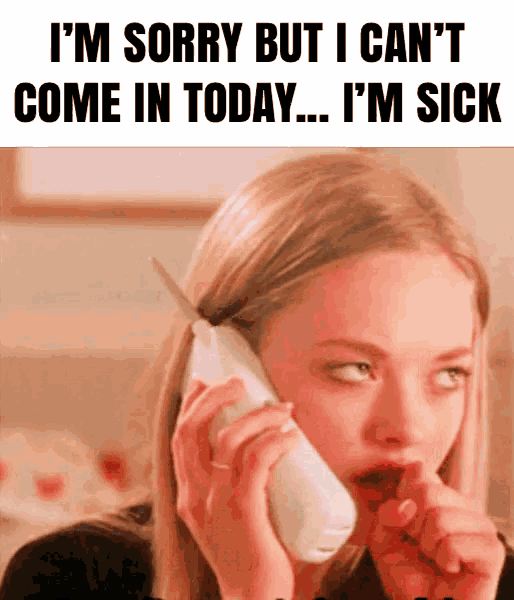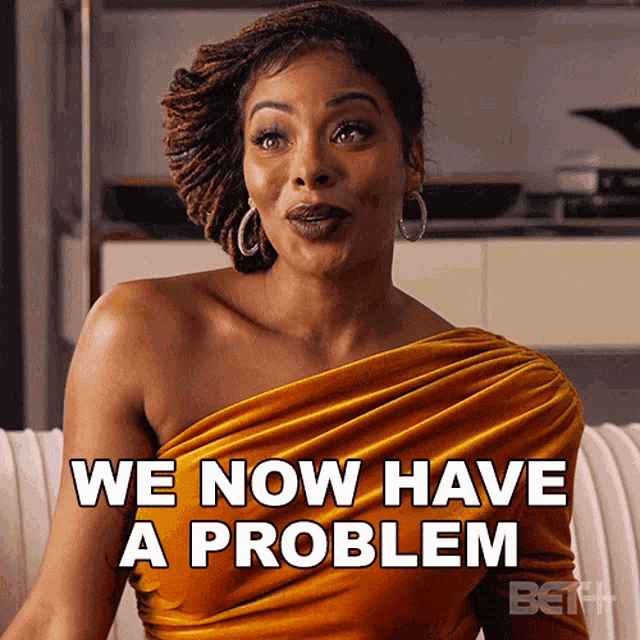Chucking a ‘sickie’ is a rite of passage for Australians. But it costs organisations thousands of dollars annually.
Just google “how to chuck a sickie”. Articles will come up which help employees get away with it—particularly in the lead-up to the new year.

And what about the performance employees go through to convince their colleagues and managers that they’re sick? Or the play they put on in the days leading up to chucking a ‘sickie.’
You have the right to know exactly why employees are sick. The Fair Work Act 2009 gives organisations the right to request evidence like a medical certificate to prove they were actually sick. This means employees have to be convincingly sick, and if they're not, they have to pretend to be.

But the truth is, sick leave has put organisations in a bit of a mess post-pandemic. People are getting sick more often after COVID-19, but their ability to take time off to recover has become problematic because many of them are on flexible work arrangements, so it’s hard actually to switch off and get better.
As a result, we’re all guilty of lying to gain a day of respite to keep all the juggling balls of life in the air.
-1.webp?width=500&height=500&name=giphy%20(18)-1.webp)
And with the glorious Australian summer in full swing now, more and more employees will chuck a ‘sickie’ to get some much-needed time off.
So, what should HR do?
Ultimately, organisations and HR need to trust employees, respect their right to take sick leave and improve their employee experience so employees don’t need to ‘chuck a sickie’. Because the need for employees to take a ‘sickie’ is symptomatic of something in your organisation that is far worse than a common cold.

The problem
Not every organisation is in a position to give employees gratuitous mental health days. Some HR leaders like them because they see them as a way to recharge, while others think the occasional day off is okay. However, labelling a day as a mental health day is a step too far and damaging.
Employees are navigating the complexities of life under increasingly difficult circumstances in 2024. With inflation rising, rental prices soaring, and the cost of living pressure increasing, our mental well-being is on the back burner.
People under the age of 30 are significantly more likely to report being unproductive at work due to their mental health.
Enter the unsung hero, mental health days.
.webp?width=404&height=200&name=200%20(1).webp)
However, not every organisation can accommodate workers who need to take time to care for their mental well-being by using sick leave to take a break. So, instead, they’re forced to lie about their health instead of being honest about using their sick leave to reset.
Some HR leaders think taking a day off is important to maintain overall wellness, while others consider it a luxury. And then some believe mental health days shouldn't exist at all.
So what’s the right approach?
Like most things, taking mental health days can be harmful if they’re taken advantage of. HR should be aware of the potential for misuse and the importance of supporting genuine needs. This might mean establishing clear guidelines around mental health days, communicating their purpose, and ensuring employees understand when and how to use them.
The problem contains the solution
-1.webp?width=540&height=540&name=giphy%20(19)-1.webp)
So there’s a disconnect: employees want to take time off to reset and recharge but organisations don’t have the correct mechanisms in place, so it’s like employees are pushing a circle through a square hole and using sick leave to recharge.
Some organisations are leaning into the problem and doing something different. They’ve created the ‘healthie’. It’s like a sickie, only healthier for the employee and your organisation—quite literally.
It looks different for every organisation, some have introduced YOLO days, where employees can take one day a year to do whatever they want. Other organisations mandate a ‘healthie’ on the same day every quarter to do something—or nothing—no questions asked.
https://giphy.com/gifs/nbc-the-office-l0HlTJY5owTDq1jKo
What ‘healthies’ demonstrate to employees is a proactive approach to the employee experience that prioritises employee wellbeing, and therefore employee performance. They're meant to be a day for 'you', where you reduce commitments, give time to your stress levels, catch up on rest or movement and partake in activities that support your wellbeing.
So it’s clear organisations need to prioritise mental health days to help employees navigate life’s stressors and take fewer sick days.
If employees are reaching for sick leave just to get a breather, it’s time to rethink how you approach rest and recovery at work. By embracing flexible, honest options like ‘healthies,’ organisations can support genuine mental well-being and create a culture where no one needs to fake a cough to feel understood.

